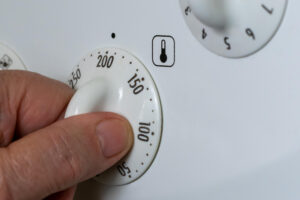energy notes about apartments
Last updated on March 10th, 2024 at 03:20 pm
Apartments can pose a unique challenge to people.
Since most people who rent property do not own the property or aren’t under a rent-to-own contract, renters often times ignore energy saving tips.
Their point of view, which is certainly understandable, is why pay for improvements that will reduce bill when I will not reap the rewards or benefits of my effort? Why pay for improvements on property that isn’t owned by me?
For renters, there are a couple of things to consider before deciding whether to balk and ignore the whole energy and utility bill saving argument.
The most important question is this:
Who pays the utility bills?
If your landlord pays the heating, gas, electric, and water bills, then there is much less to worry about. (But you are still directly affected. Chances are your landlord charges you a high rent, to pay for these bills. If you reduce your energy usage through conservation, you could see a decrease in rent.)
Unfortunately, I don’t know of too many renters who have this sort of agreement with their landlord. Many more pay rent to the landlord, and have to pay all their own utilities.
Naturally, reducing energy bills is definitely in your best interest.
This doesn’t mean going out and getting new windows put in. I wouldn’t recommend it at all, because you’re making a major change on someone else’s property, and you may be liable for any damage that occurs. It’s best to have your landlord undertake these tasks.
What kind of changes are needed to save money?
Like we mentioned above, if the only way to save money is to replace windows and other essential parts of the apartment, it might be best to pass them to the landlord or even bypass the apartment altogether.
Retrieved from the “Reducing your Energy Bills” ebook.


